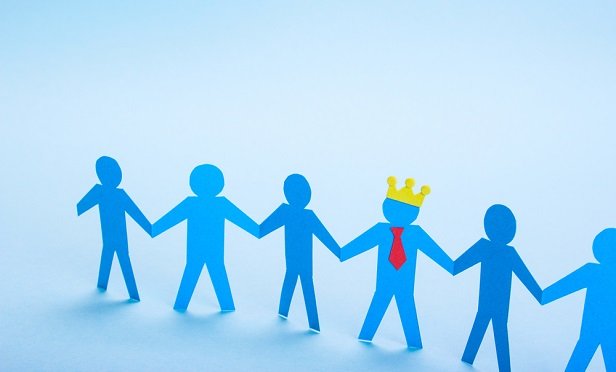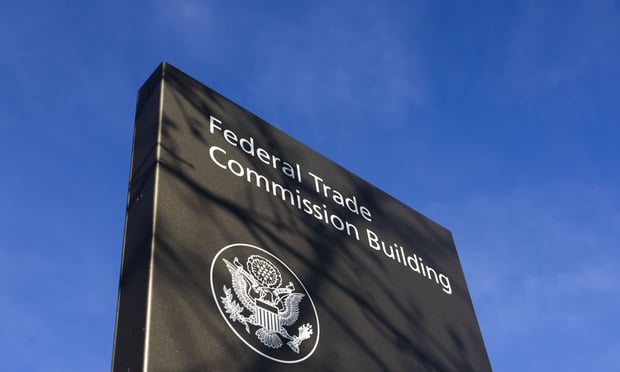You know recognition is important to keeping your employeesmotivated and productive, but what is the best way to recognize anemployee's accomplishments? Well, it depends on the employee.
|According to a survey from the Deloitte Greenhouse ExperienceGroup, there's no one-size-fits-all way ofacknowledging achievement—or, at least, there shouldn't be.
|How recognition is delivered is important to some people, whilethe person doing the praising is important to others, and the causeof the acknowledgement is essential to others. And while it'scertainly not unwelcome, cash isn't the necessarily the most valued formof recognition.
|A new growth opportunity is the favored form ofrecognition for 47 percent of respondents; monetary rewards in theform of salary increases (23 percent), high performance ratings (21percent), and bonuses (10 percent) are also welcome, but to lesserdegrees.
|How do you know what type of recognition to give? According toDeloitte, you can break employees into four categories:
- Pioneers value possibilities. They sparkenergy and imagination, and believe big risks can bring greatthings.
- Drivers seek challenge and generate momentum.They're technical, quantitative, and logical.
- Guardians value stability, and they bringorder and rigor. They're deliberate decision-makers apt to stickwith the status quo.
- Integrators value connection and draw teamstogether. They're empathic, diplomatic, andrelationship-oriented.
According to the report, 75 percent of people are satisfied ifsomeone acknowledges their work—but 36 percent of women would likeit better if it were put in writing. Only 28 percent of menexpressed such a preference.
|There are other differences between men and women on how suchpraise is received. While only 34 percent of women want to berecognized for success—compared with 46 percent of men—it's notthat they don't want recognition; they just want it for otherthings. Knowledge (27 percent), effort (22 percent), and living theorganization's core values (17 percent) are their preferred sourcesfor acknowledgment.
|
See also:
- How to Hang onto Your Top Talent
- The Lasting Benefits of Job Rotation
- Convince Your Best Employees to Stay
|
And surprisingly, most people—49 percent—would actually preferfor word of their achievement to be public but shared only within asmall group, rather than broadcast to the world at large.Thirty-four percent would prefer private recognition, while only 18percent actually want a big public declaration.
|In addition, although 37 percent would like that recognition tocome from leadership above a direct supervisor, 32 percent wouldlike it to come from that direct supervisor, and 31 percent wouldprefer for recognition to come from their colleagues.
|“There is tremendous value in understanding the perspectives ofthose you work with, and this includes their preferences for howthey want to be recognized,” says Suzanne Vickberg, seniormanager, applied insights lead, the Deloitte Greenhouse Experience.“This understanding can help create more successful workingrelationships, while fostering a workplace that validates itspeople and their unique contributions.”
||
From: BenefitsPro
Complete your profile to continue reading and get FREE access to Treasury & Risk, part of your ALM digital membership.
Your access to unlimited Treasury & Risk content isn’t changing.
Once you are an ALM digital member, you’ll receive:
- Critical Treasury & Risk information including in-depth analysis of treasury and finance best practices, case studies with corporate innovators, informative newsletters, educational webcasts and videos, and resources from industry leaders.
- Exclusive discounts on ALM and Treasury & Risk events.
- Access to other award-winning ALM websites including PropertyCasualty360.com and Law.com.
*May exclude premium content
Already have an account? Sign In
© 2024 ALM Global, LLC, All Rights Reserved. Request academic re-use from www.copyright.com. All other uses, submit a request to [email protected]. For more information visit Asset & Logo Licensing.








